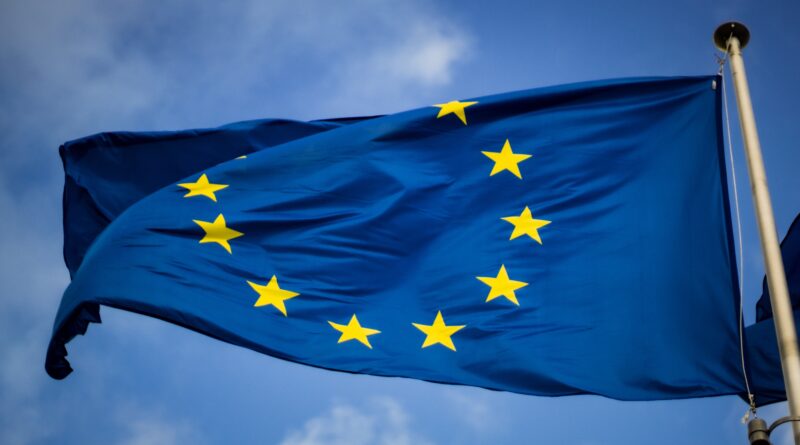EU Defends Failed Metaverse Party That No One Attended
The European Commission claimed that contrary to popular belief, over 300 people attended its metaverse party in November.
The foreign aid department of the European Union has released a statement defending its decision to host a virtual party in November, one which news reports claimed nobody attended. According to the European Commission, over 300 visitors were around for the party, which began an hour ahead of schedule. The EU designed the virtual event to attract non-political adults between 18 to 35 to its executives’ work globally.
Although the Commission’s spokespersons described the event’s venue as “a dedicated metaverse,” some observers were critical of that point, as entry into the EU’s virtual world did not require using a VR headset. Instead, attendees moved their characters around with their computer mouse or keyboard or smartphone’s touchscreen, like in a video game. Also, the metaverse, which cost a whopping €387,000, is nowhere near the immersive options that companies like Meta and Microsoft are currently building.
The platform was launched sometime in October, and upon entry, users were treated to a surreal tropical island that they could explore with their avatars. The EU metaverse is part of a public relations and communication campaign to promote its Global Gateway investment strategy for regions outside the European Union. Journee, a company specializing in building virtual spaces, was subcontracted to build the platform.
The gala, which was held on the 29th of November, was the last of three events organized by the EU in the Metaverse and was touted as “one last chance to celebrate together … and enjoy the wonders of this digital space.” Journalists who logged in at the scheduled time encountered about six persons and an empty dance floor. A video of the empty dance floor has since gone viral, registering over 240,000 views.
However, the commission has come out with a different side of the story, claiming the site had about 300 visitors between 8–11 pm, according to Journee. While the department claimed the event began by 8 pm, a billboard within the metaverse promoted the event to begin at 8:30 pm, while the commission’s website fixed the opening time at 9 pm. From the social media posts by various attendees, the event began at 8 pm, and many observers faulted the EU for not communicating clearly.
When quizzed about the total cost of promoting its metaverse and the events hosted in the virtual world, a spokesperson for the EU claimed there was no dedicated paid media budget for the platform. The campaign material reached almost 94 million people on social media, and the EU Metaverse witnessed over 128,000 visits between October 10th and November 30th. While the metaverse plays a 24-hour beach party loop daily, it had a live DJ during the event.
Although the EU has defended its pet metaverse project, the commission has admitted the platform did not meet its expectations, with a user interface that lacks appeal. However, the department claims its metaverse is performing better than its website, and improvements to the user interface will be made in due course. Interest in the platform has spiked since the gala, and the campaign will remain open till December 15.

